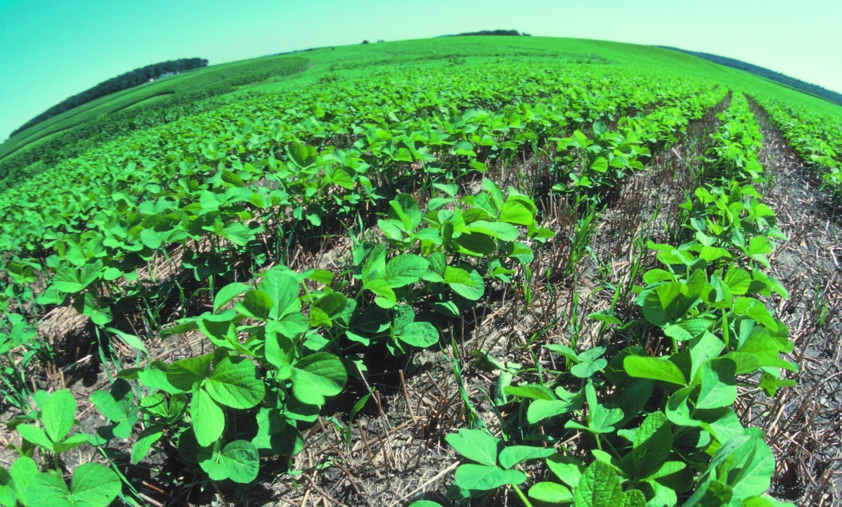Plant parasitic nematodes in maize and bean crops are reduced by organic farming practices
02/04/2018 / By Earl Garcia

A study published in the journal Agriculture, Ecosystems & Environment revealed that organic farming practices may help mitigate the proliferation of plant parasitic nematodes (PPN). According to researchers, a combination of agriculture intensification and poor agronomic practices led to increased incidence of PPN and other soil pathogens in East Africa. This then resulted in reduced crop productivity in small holder farms.
- A team of researchers carried out two field trials — one in farmer fields and one on-station — in order to assess the efficacy of organic farming against PPN and other soil pathogens. The field trials involved maize that was intercropped with beans and in rotation with beans as a sole crop.
- The scientists also examined three farming methods during the course of the study. Organic farming method involved compost, Tithonia diversifolia, and neem cake, while conventional farming used fertilizer and nematicide.
- The experts also assessed farmer practice that received manure, Tithonia diversifolia, and wood ash. Likewise a farm with no input application served as the study’s control farm.
- The findings revealed that twelve genera of PPN were recovered from soil and/or root samples from the trials after three years of continuous cultivation.
- However, the scientists observed that the incidence rates of PPN — such as Pratylenchus and Meloidogyne — were significantly lower in the organic system than the conventional, farmer practices, and control trials.
- According to the experts, organic farming showed efficacy in curbing the genera of PPN below the control for up to four months, compared with only two months observed in conventional farming and farmer practice.
- The research team concluded that organic farming may help suppress PPN at a farmer level. The scientists noted that policy development and extension services could consider organic farming as an alternative treatment for soil-borne nematodes in small holder farms.
However, the experts stressed that the findings warrant further research on other crops, location, and the duration needed to establish the practice’s efficacy in suppressing PPN.
Journal reference:
Janet G. Atandi, Solveig Haukeland, George M. Kariuki, Danny L. Coyne, Edward N. Karanja, Martha W. Musyoka, Komi K.M. Fiaboe, David Bautze, Noah Adamtey. ORGANIC FARMING PROVIDES IMPROVED MANAGEMENT OF PLANT PARASITIC NEMATODES IN MAIZE AND BEAN CROPPING SYSTEMS. Agriculture, Ecosystems & Environment, 2017; 247: 1 DOI https://doi.org/10.1016/j.agee.2017.07.002
Submit a correction >>
Tagged Under:
This article may contain statements that reflect the opinion of the author





















